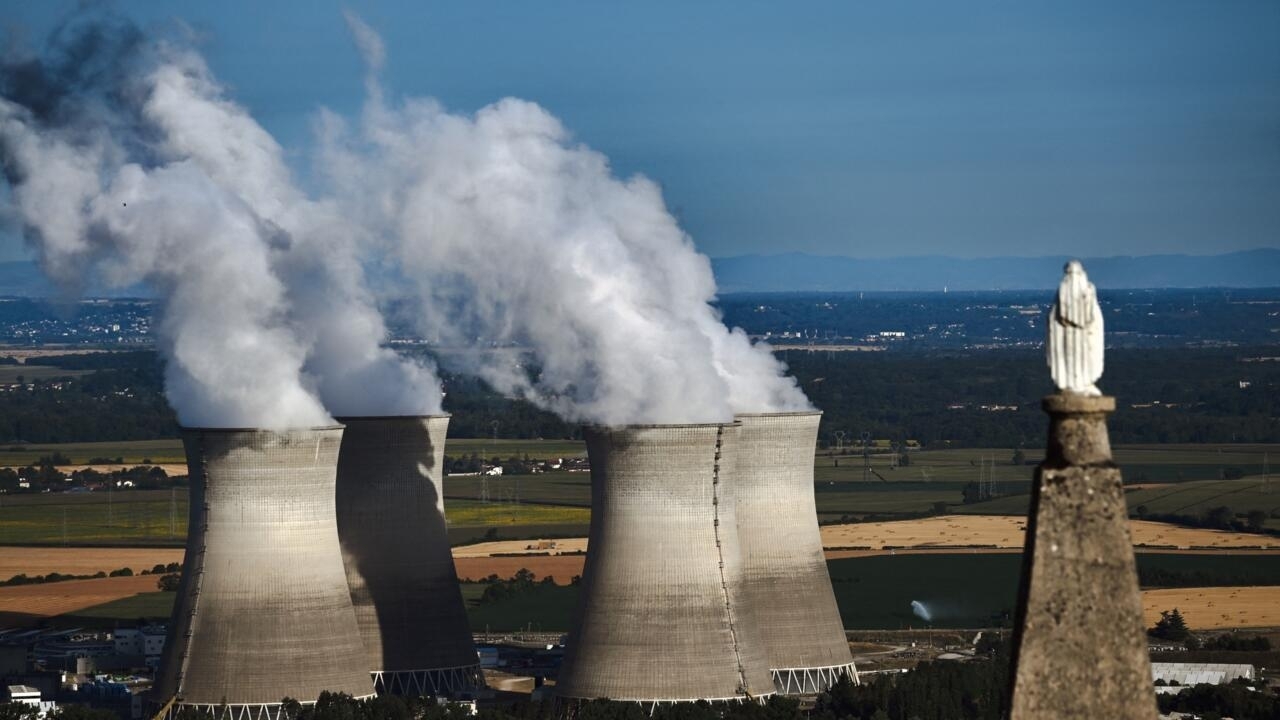A recent World Energy Employment Report revealed a significant milestone in the clean energy sector, which now boasts 35 million jobs, surpassing the fossil fuel industry. This marks a growth of 4.7 million jobs in the past year alone.
Growth and Trends in Clean Energy Employment
The report highlights a remarkable surge in clean energy employment, with construction and manufacturing sectors contributing over half of the new jobs. However, despite this growth, fossil fuel employment remains below pre-pandemic levels, indicating a shifting landscape in the energy market.
The transition towards clean energy is not only driving job creation but also reshaping workforce dynamics, with a growing demand for skilled project managers expected in the coming years. Yet, this demand is juxtaposed against demographic challenges such as ageing populations and declining birth rates.
Clean Energy Opportunities in Africa
In Africa, the momentum towards clean energy presents vast employment prospects. With abundant solar resources and a commitment to emissions reduction, countries like Senegal and Ghana are leading the renewable energy charge. Senegal aims to generate 40% of its energy from clean sources by 2030, while Ghana’s ambitious Ada Foah project plans to harness tidal wave energy.
Even in oil-rich nations like Nigeria, there’s a push for renewables to meet a significant portion of energy demands by 2050. South Africa is also witnessing a surge in wind and solar projects, reflecting the continent’s transition towards sustainable energy sources.
Addressing Skill Gaps in the Clean Energy Sector
Despite the positive outlook, the clean energy sector faces challenges related to skilled labor shortages. Higher-skilled workers are in demand, with a significant portion of energy jobs categorized as high-skilled occupations. However, the number of certified project management professionals in Africa lags behind global counterparts.
To address this gap, there’s a growing need to cultivate a certified pool of project professionals, particularly in sub-Saharan Africa. Investing in project management education and certification programs can enhance workforce readiness and contribute to the region’s energy efficiency goals.
In conclusion, the transition to clean energy not only marks a pivotal moment in the global energy landscape but also offers significant opportunities for job creation and economic development, particularly in regions embracing renewable energy initiatives. Efforts to address skill shortages and foster a skilled workforce are crucial for sustaining this momentum and driving inclusive growth in the clean energy sector.
Source:thisdaylive.com





